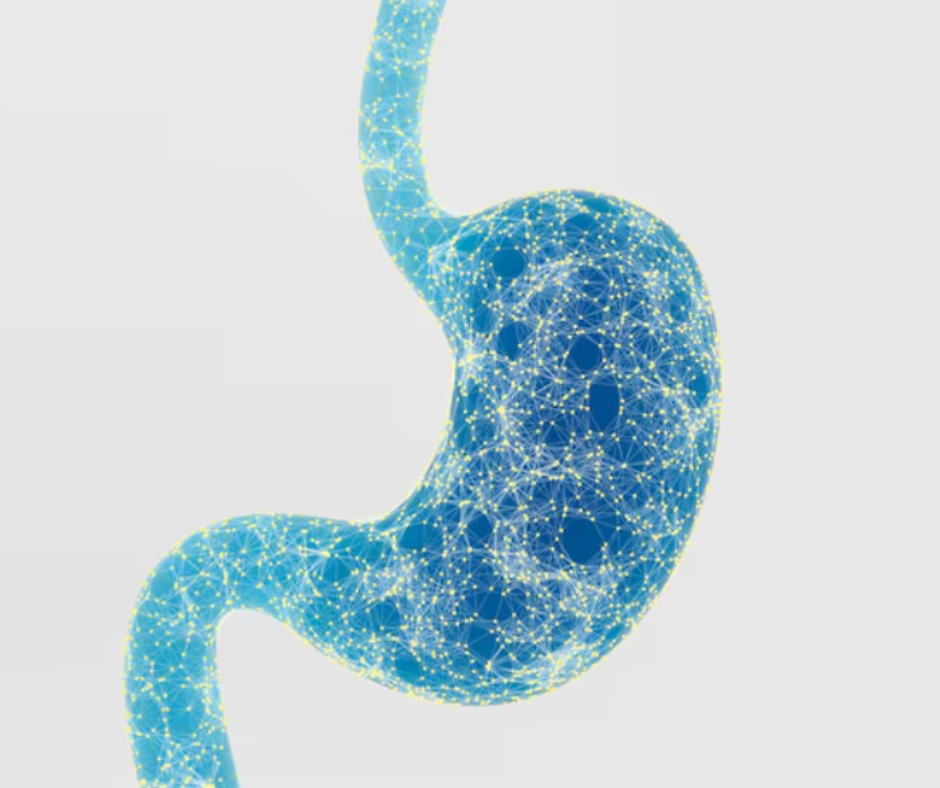Gastroenterology vs. Hepatology: Unraveling the Roles of Specialists
- livercarecenter23
- Dec 23, 2023
- 2 min read
Navigating the intricacies of digestive health often involves seeking the expertise of medical specialists. Two such fields, gastroenterology and hepatology, play pivotal roles in ensuring the well-being of our digestive system. In this article, we'll delve into the distinctions between these two specialties, shedding light on their unique focuses and contributions to healthcare.
1. Understanding Gastroenterology: The Whole Digestive Tract Gastroenterologists are medical professionals specializing in the entire gastrointestinal (GI) tract. From the esophagus to the rectum, their expertise encompasses a wide range of conditions affecting digestion. Common issues addressed by gastroenterologists include acid reflux, irritable bowel syndrome (IBS), and inflammatory bowel diseases (IBD) like Crohn's disease and ulcerative colitis.
2. Hepatology: Focused on Liver Health On the other hand, hepatologists are specialists specifically dedicated to the health of the liver. They deal with a spectrum of liver-related conditions, such as hepatitis, cirrhosis, and liver cancer. Hepatologists play a crucial role in diagnosing and managing liver diseases, ensuring optimal functioning and mitigating potential complications.
3. Key Differences in Training and Expertise Gastroenterologists typically undergo broader training, encompassing the entire digestive system. In contrast, hepatologists undergo additional training, honing in on the complexities of liver diseases. This specialization allows hepatologists to offer in-depth knowledge and advanced care specifically tailored to liver-related conditions.
4. Diagnostic Approaches: A Collaborative Effort While gastroenterologists and hepatologists focus on distinct areas, their work often intersects. Many digestive issues involve both the GI tract and the liver. Collaborative efforts between these specialists ensure a comprehensive approach to diagnosis and treatment. For instance, a patient with chronic liver disease may benefit from the expertise of both a gastroenterologist and a hepatologist.
5. Treatment Modalities: Tailored to Specialized Knowledge Gastroenterologists employ a variety of treatments, including medications, lifestyle modifications, and endoscopic procedures. Hepatologists, with their specialized knowledge, may delve into liver-specific treatments such as antiviral therapies for hepatitis or advanced interventions for liver cirrhosis.
6. When to Seek Each Specialist: Making Informed Choices Understanding the specific symptoms and conditions associated with the GI tract or liver can guide individuals in deciding which specialist to consult. Abdominal pain, changes in bowel habits, or digestive discomfort may prompt a visit to a gastroenterologist, while symptoms like jaundice, chronic fatigue, or liver-related issues may lead to consultation with a hepatologist.
In conclusion,
both gastroenterology and hepatology are indispensable branches of medicine, collectively ensuring the optimal functioning of the digestive system. As patients, being aware of the nuances between these specialties empowers us to make informed decisions about our healthcare journey. Whether seeking assistance for GI concerns or liver-related issues, the collaboration between gastroenterologists and hepatologists plays a vital role in promoting holistic digestive health.



Comments